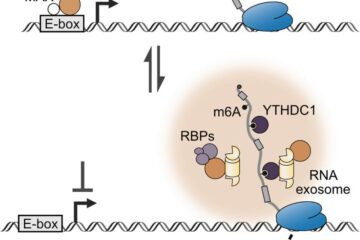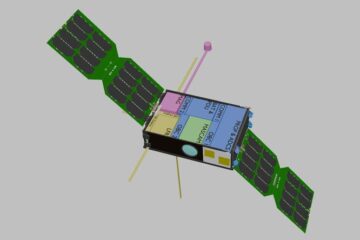European Latsis Prize – Nomination of candidates for 2003

The European Science Foundation invites nominations for the European Latsis Prize 2003. The Prize, of a value of 100 000 Swiss Francs, is presented each year by the Latsis Foundation at the ESF Annual Assembly to a scientist or research group in recognition of outstanding and innovative contributions in a selected field of European research. The research field for the 2003 Prize is:
“Archaeology”
- Archaeology offers new ways of understanding the societies from which our own cultures derive. The prize will be awarded for outstanding multidisciplinary contributions to our knowledge of our origins.
The criteria used in the selection procedure will be scientific excellence, societal impact and contribution to European progress.1
Nominations may be received for individual scholars or for research groups, but no self nominations will be accepted. Curricula Vitae of the nominees and, where relevant, abridged lists of publications, should be attached to the nomination statements. Proposers are however requested not to send any additional documentation.
The European Latsis Prize 2003 will be awarded on the occasion of the Annual Assembly of the European Science Foundation on Thursday 27 November 2003, in Strasbourg.
1. All nominees will be considered irrespective of age, sex, religion or nationality.
Media Contact
Weitere Informationen:
http://www.esf.org/esf_genericpage.php?language=0§ion=2&domain=0&genericpage=1781Alle Nachrichten aus der Kategorie: Förderungen Preise
Neueste Beiträge

Forschende enthüllen neue Funktion von Onkoproteinen
Forschende der Uni Würzburg haben herausgefunden: Das Onkoprotein MYCN lässt Krebszellen nicht nur stärker wachsen, sondern macht sie auch resistenter gegen Medikamente. Für die Entwicklung neuer Therapien ist das ein…

Mit Kleinsatelliten den Asteroiden Apophis erforschen
In fünf Jahren fliegt ein größerer Asteroid sehr nah an der Erde vorbei – eine einmalige Chance, ihn zu erforschen. An der Uni Würzburg werden Konzepte für eine nationale Kleinsatellitenmission…

Zellskelett-Gene regulieren Vernetzung im Säugerhirn
Marburger Forschungsteam beleuchtet, wie Nervenzellen Netzwerke bilden. Ein Molekülpaar zu trennen, hat Auswirkungen auf das Networking im Hirn: So lässt sich zusammenfassen, was eine Marburger Forschungsgruppe jetzt über die Vernetzung…





















